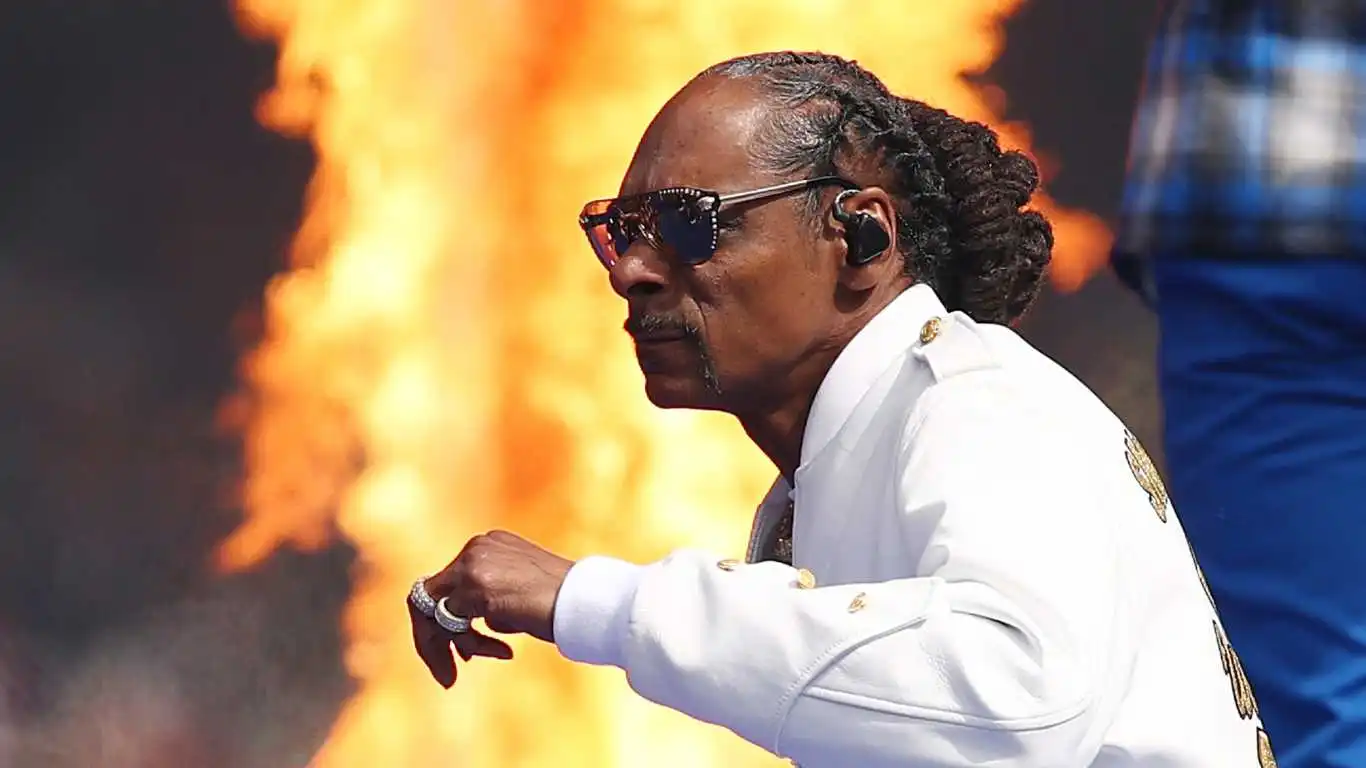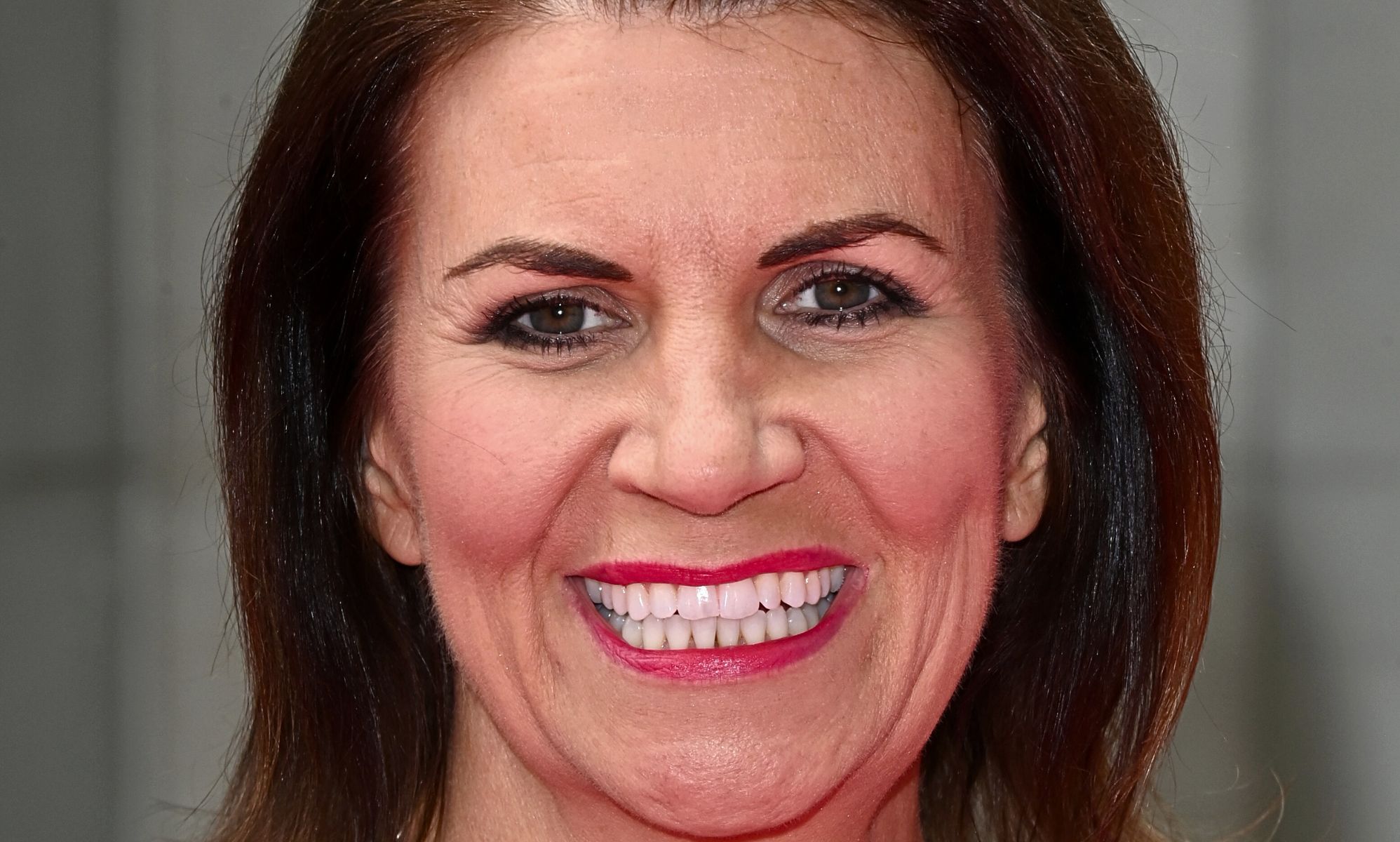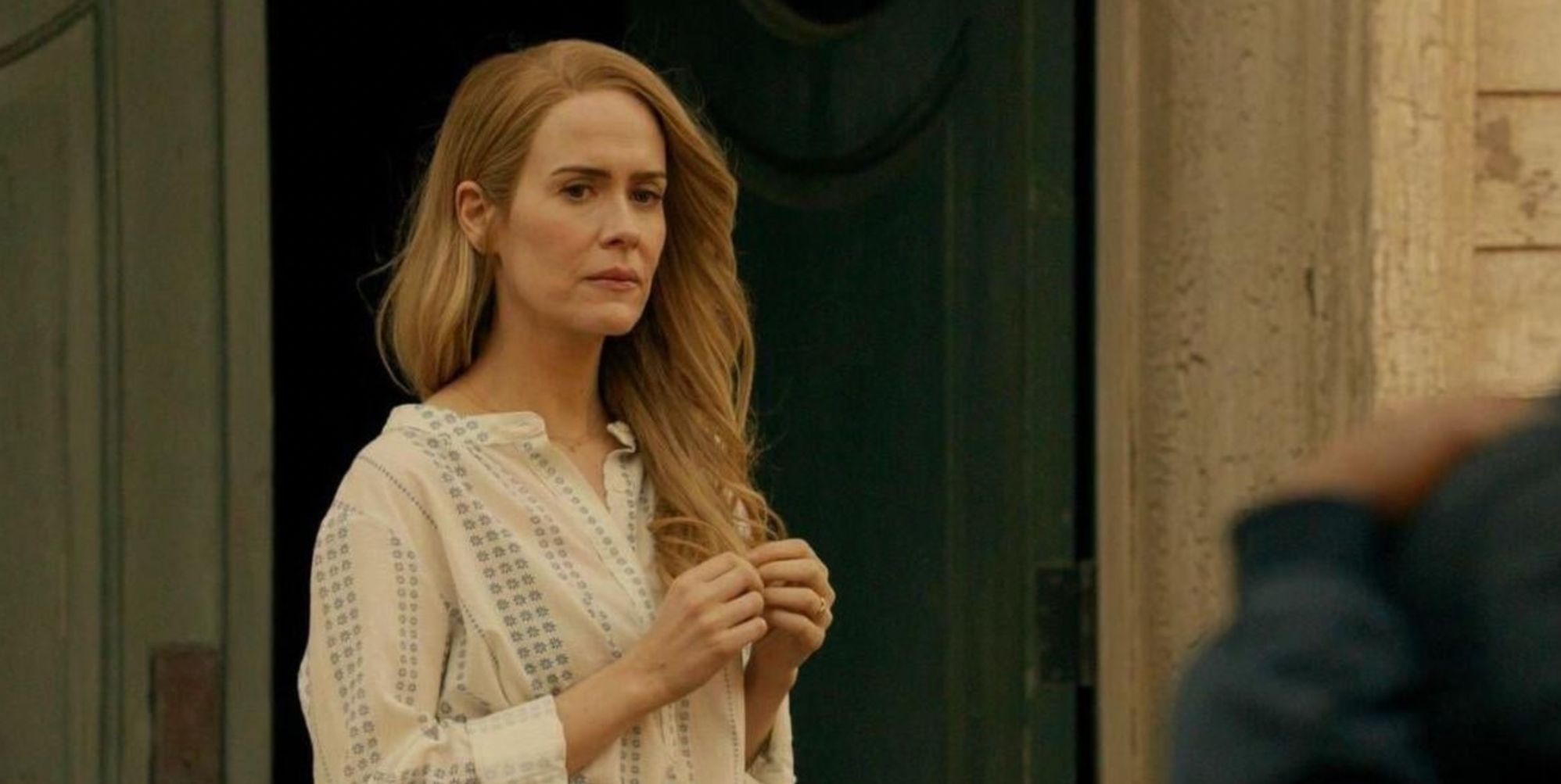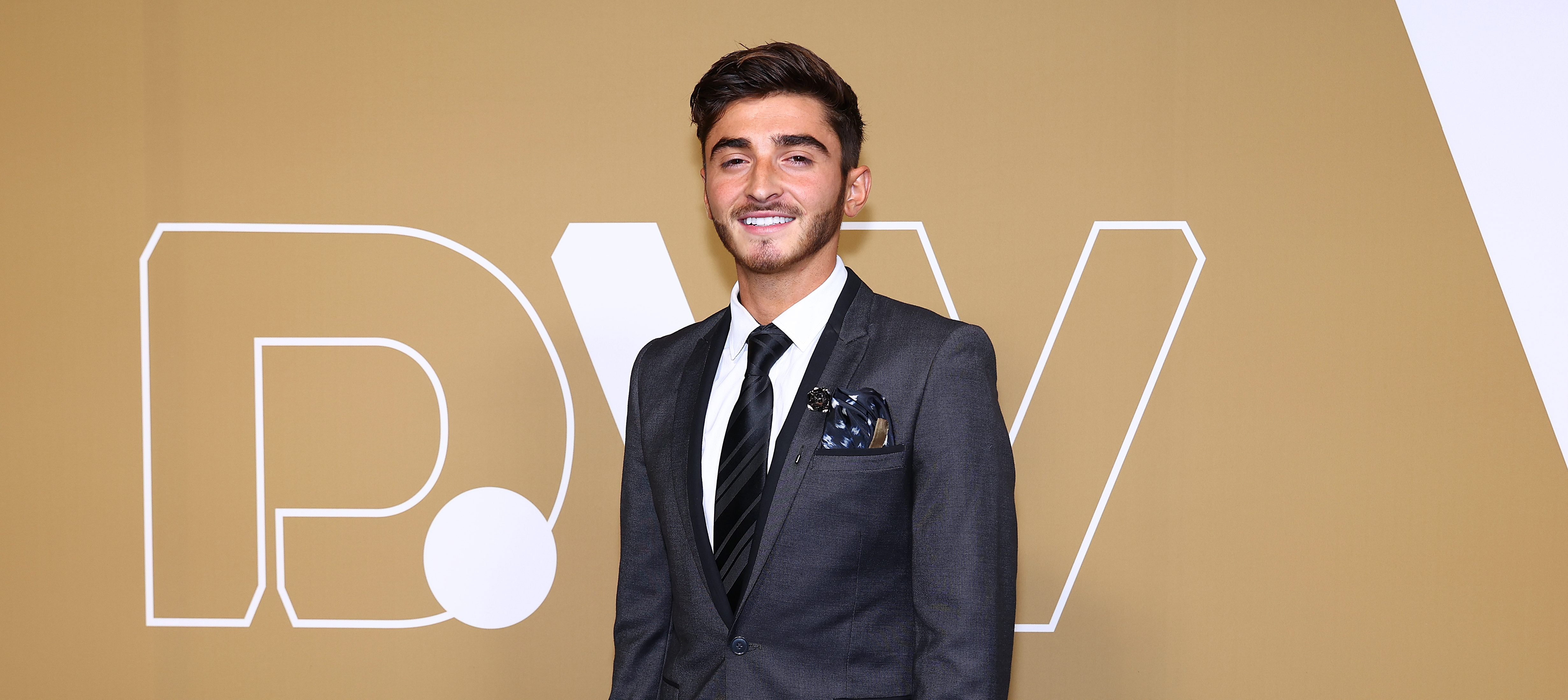Kerr Smith, the actor who brought Jack McPhee to life onDawson’s Creek, recently revealed the intense backlash he faced after his character shared a groundbreaking kiss with Ethan Brody. The scene, a first for American primetime television, depicted two men kissing and instantly became a pivotal moment for LGBTQ+ representation.
But the landmark moment wasn’t met with universal praise. Smith described a chilling encounter with protestors who vehemently opposed the storyline. He vividly remembers eating lunch near a brick wall, the only barrier separating him from a crowd “angry as hell,” fearing physical violence had he stepped outside.
The protests occurred during filming in the Southern United States, a location Smith believes amplified the negative reaction. The potential for a dangerous confrontation was very real, a stark reminder of the societal climate surrounding LGBTQ+ issues at the time.
Smith recalled a pivotal coffee meeting with the show’s creator, Kevin Williamson, early in his tenure. Williamson revealed Jack’s planned journey of self-discovery and his eventual coming out, a revelation that initially filled Smith with apprehension.
Given the near-total absence of LGBTQ+ characters on television in 1998, Smith felt a profound sense of responsibility. He requested time to consult with trusted mentors and carefully consider the implications of taking on such a groundbreaking role.
Ultimately, Smith embraced the challenge, and Jack and Ethan’s kiss became an unforgettable moment in television history. Looking back, Smith expresses immense pride in the impact the scene had, acknowledging how dramatically societal acceptance has evolved.
The decision to include the kiss wasn’t without internal resistance. Executive producer Greg Berlanti was prepared to leave the show if the storyline wasn’t allowed to unfold authentically, insisting that a coming-out narrative without a kiss felt incomplete and disingenuous.
Williamson himself drew inspiration from his personal experience, infusing Jack’s journey with the raw emotion and vulnerability of his own coming-out process. He wanted to create a character that resonated with those navigating similar struggles, offering a voice and a face to a previously marginalized experience.
The kiss onDawson’s Creekwasn’t just a scene; it was a cultural touchstone. It sparked conversations, challenged norms, and paved the way for greater LGBTQ+ visibility in mainstream media, a legacy Smith rightfully celebrates.




